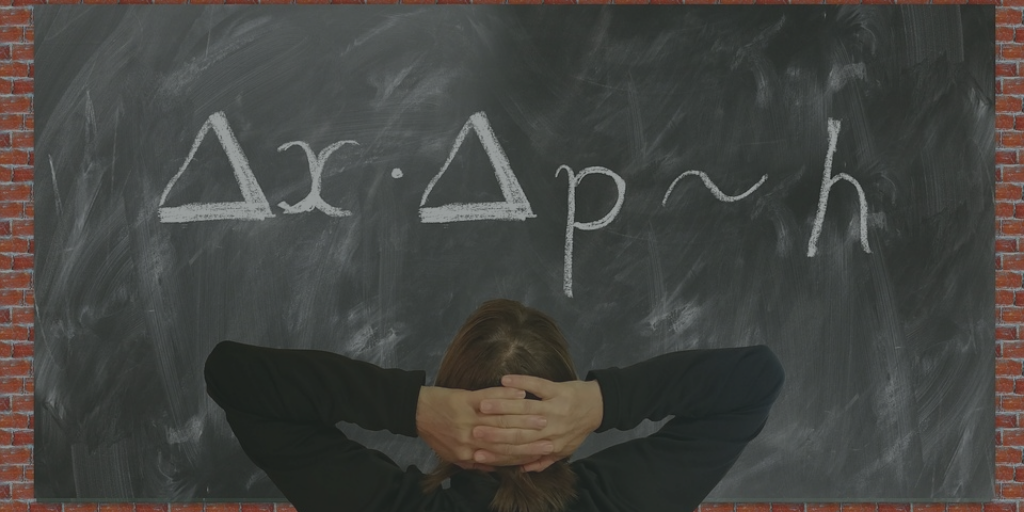Quantum machine learning is a newly formed interdisciplinary study field that lies in the middle of quantum physics and also machine learning. However, you can noticeably differentiate four separate methods in which both parent disciplines can be integrated.
The algorithms of quantum machine learning can easily employ the benefits of quantum computation in order to enhance the classical approaches of a learning machine. For instance, by creating effective implementations of the pricey classical algorithm on a quantum computer.
Thus, from a different perspective, you can only use the traditional approaches of a learning machine to analyze quantum systems.
Sometimes, you may decide to think about certain instances whereby the learning equipment, as well as the system beneath study, are ultimately quantum.
However, a connected aspect of research is to find out the structural, alongside the methodological properties between common physical systems. This includes learning systems, in specific neutral systems, which have to divulge, for instance, that most mathematical, as well as numerical methods from quantum physics, move over to classical intensive learning approach.
There are four distinct ways to merge the field of quantum computing and machine learning. Thus, the first letter implies whether the system under study is either classical or quantum.
While the second letter, on the other hand, determines if a classical or quantum information processing device is used or applied.
One important aspect of the quantum machine learning process is the ability to solve certain issues in machine learning. This, however, brings us to Quantum-Enhanced machine learning.
Quantum-enhanced Machine Learning
This aspect of machine learning is simply about quantum algorithms that provide a solution to different difficulties undergone in machine learning, and as such improving a classical machine learning approach.
These types of algorithms generally demand an individual to encode the given conventional dataset into a quantum computer, in order to make it easily obtainable for quantum information processing.
However, after this, quantum information processing routines can be used, and the outcome of the quantum computation is interpreted measuring the quantum system. For instance, the result of the measurement of a qubit is said to reveal the great proposal of quantum machine learning algorithms (they are still entirely theoretical and demands a full-scale universal quantum computer to be examined)
Thus, others have been applied on small-scale or rather unique purpose quantum devices.
Linear Algebra Simulation with Quantum Amplitude
This type of approach is based on the idea of amplitude encoding. This implies to join the amplitudes of a quantum state alongside the inputs and outputs of computations.
Thus, due to the fact that a state of “n” qubits is portrayed by two “n” complicated amplitudes, this information encoding can permit for an exponentially compact representation.
Spontaneously, this corresponds to joining a discrete probability distribution alongside binary random variables with a classical vector.
However, the main aim of algorithms on the basis of amplitude encoding is to generate quantum algorithms whose resources appear polynomial in the number of qubits “n,” which aggregate to a logarithmic increase in the number of amplitudes alongside the input aspects.
Also, a significant number of quantum machine learning algorithms in this group are usually based on differences of the quantum algorithm for linear systems of equations. Which under normal instances execute a matrix inversion using an aggregate of physical resources are increasing only logarithmically in the dimensions of the matrix.
Thus, an excellent example of these conditions is that a Hamiltonian which also corresponds to the matrix can be replicated easily, which is accepted to be possible if the matrix is not dense or rank low.
Quantum matrix inversion can be applicable to machine learning methods in which the training diminishes to solving a linear system of equations.
Quantum-enhanced Reinforcement Learning
This is seen as the third field of machine learning, different from supervised and unsupervised learning, which also allows quantum enhancements.
However, in quantum-enhanced reinforcement learning, it is essential that a quantum agent communicates with a standard environment. And thus, receives rewards for its actions often, which permits the agent to get used to its behavior.
In other words, to have an understanding of what is meant to be done so as to acquire more benefits. In some cases either because of the quantum processing capacity of the agent. Or rather due to the contingency to probe the environment beyond every other level, so as to achieve a more efficient quantum.
Thus, execution of these kinds of rules in superconducting circuits and systems of caught up electrons have been taking into consideration.
Techniques of Quantum Sampling
Sampling from a high aspect of probability distributions is at the center of a broad spectrum of computational techniques with essential applications all over science, engineering, and society. This includes great learning, programming, artificial intelligence, and other machine learning applications.
However, sampling from generic probabilistic models is demanding. Algorithms depending solely on sampling are usually anticipated to remain uncontrollable no matter how big, and powerful classical computing resources become.
However, even if quantum annealers, like those created by D-Wave Systems, were designed for difficult combinatorial optimization issues. It has been recently recognized as a significant candidate to increase computations that depend solely on sampling by exploiting quantum effects.
Nevertheless, some groups of researchers have recently employed the application of quantum annealing devices for training on most machines.
The typical approach to training quantum machines relies on the computation of individual averages that can be calculated by standard sampling methods. Another method is to depend on a physical process, like quantum annealing, which generates samples naturally.
The goals are basically to look for the optimal control parameters that correctly represent the empirical distribution of a given dataset.
Quantum Learning Theory
This theory is basically undertaken to follow up a mathematical review of the quantum generalization of standard learning models and the easy speed-ups or other benefits associated with them.
This framework is very comparable to that of the standard computational learning theory, the learner in situations like this is a quantum information processing device.
While the information can either be classical or quantum, the quantum learning theory should be at variance with quantum-enhanced machine learning. If the primary objectives were to determine particular difficulties and to apply the quantum rules to improve the time strain of standard algorithms for these issues, but the quantum learning theory is still in progress, partial results in this direction have been achieved.
Classical Learning Applied to Quantum Systems
The term quantum machine learning is also applicable for approaches that use classical methods of machine learning to the study of quantum systems.
An outstanding example is the application of classical learning techniques to process scores of experimental data in order to distinguish an unknown quantum system that is unknown.
For instance, in the aspect of quantum information theory and for the growth of quantum technologies. Although, there are also more attractive applications.
However, the tendency to experimentally prevent and create increasingly compound quantum systems brings with it an increasing need to change large and noisy data sets into more useful information.
This, however, is an issue that has already been studied wildly in the classical setting, and subsequently, many existing machine learning techniques can naturally be suitable to more efficiently address experimentally relevant issues.
Finally, in the most typical case of quantum machine learning, it is imperative that both the learning device and the system under study, alongside their interaction, are entirely or wholly quantum.
However, one class of problem that can be advantageous from the fully quantum approach is that of ‘learning’ unknown quantum processes or measurements, in the sense that it will be easier to subsequently create them on a different quantum system. For instance, an individual may desire to acquire knowledge on measurements that are not in line between two consistent states.

